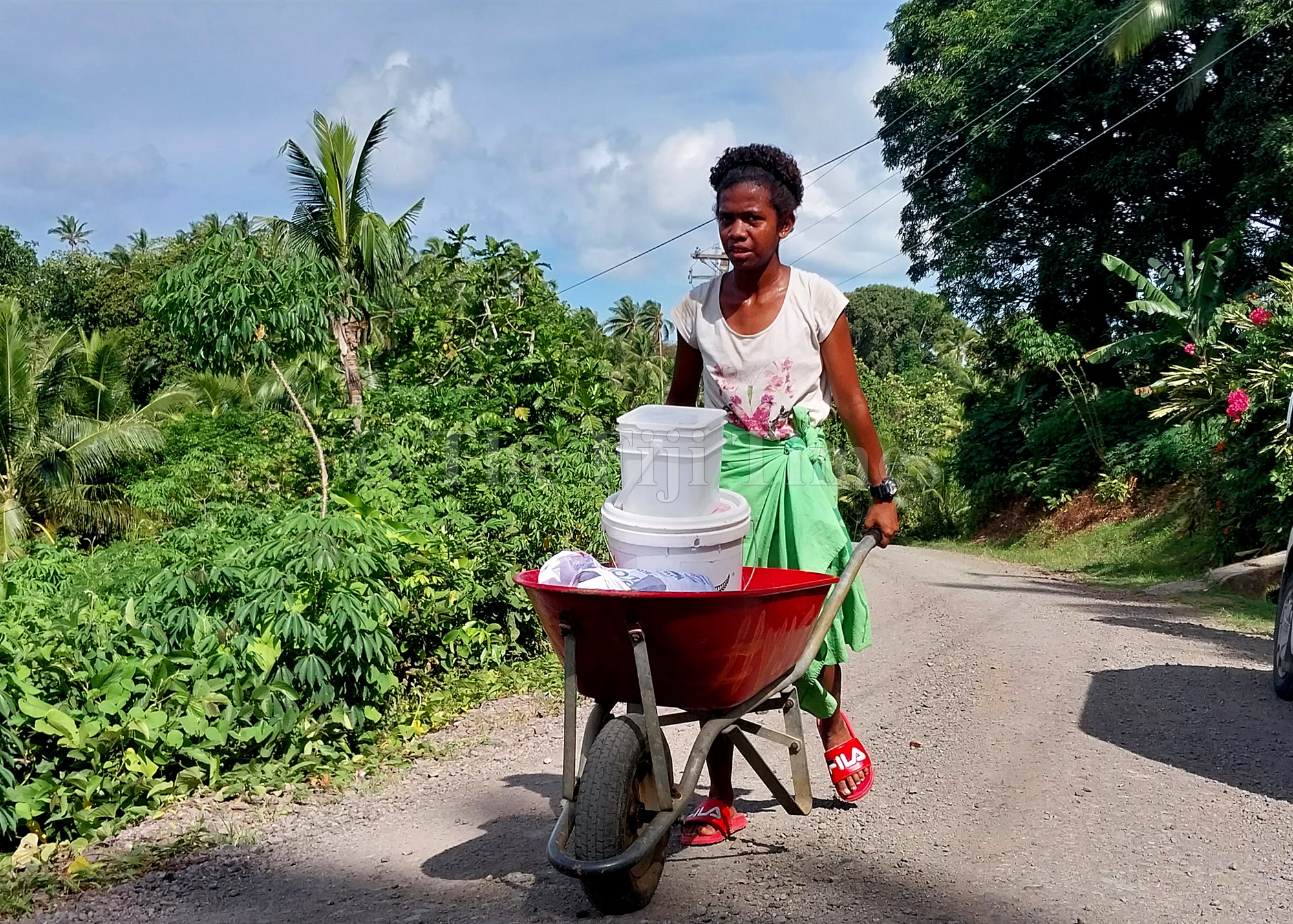In the face of the co-ordinated drug raids across the country this week, the issue of our water pipes also stood out yesterday.
In fact the figures floated around are massive. They are shocking and will no doubt raise a lot of concerns.
They strike at the very heart of our water system, impacting thousands of people.
So now we know it will take the Government another 25 years and a staggering $8.7billion to fix the crumbling, decades-old water pipes that continue to cause water supply disruptions.
Infrastructure Minister Ro Filipe Tuisawau said a water plan 2050 has been formulated, which provides the Government with a roadmap to deal with our water issues.
The plan, he said, was designed to assess water needs nationwide and outline the infrastructure required to meet future demands, particularly in the face of climate change.
The cost of the plan would be financed through concessional loans, grants and the national budget.
What is clear from this revelation is that we are staring at a timeframe of 25 years before the problem can be comprehensively addressed. That’s a full generation of Fijians who may continue to live with recurring water disruptions, uncertainty, and frustration. Being told now to prepare for disruptions is necessary, but it also places a heavy burden on families, businesses, hospitals, schools and the economy at large. We can’t afford to underestimate the seriousness of what this means for our daily lives.
And yet, the question that must be asked is this: how did we get here? Water pipes do not go bad overnight. They do not suddenly become “decades-old” without anyone noticing. This is infrastructure that has been under the watch of successive governments, engineers, and planners for generations. Surely someone should have raised the alarm much earlier. Someone should have acted. And if they did, why was nothing done?
The lack of foresight and proper planning has now snowballed into a crisis that will cost us billions.
The truth is, water is a necessity of life. Without it, entire communities grind to a halt. To be told in 2025 that the pipes need another 25 years of work begs tough questions about accountability. Surely there were reports, assessments, or technical advice over the decades pointing to the urgent need for investment. Were these ignored?
It is easy now to speak of financing mechanisms, climate funds, and international partners, but the real issue is that we have arrived here because of decades of inaction. The people who suffer most are ordinary Fijians who turn on taps each day only to find no water flowing. Mothers trying to prepare meals, hospitals trying to save lives, businesses relying on clean water to operate, all bearing the brunt of neglect.
So now we live with the reality that the repair of our water system will not happen overnight. But we must also demand better from those in positions of authority today. Plans and strategies must be executed with urgency, not just drafted and shelved. Regular updates must be given to the public, and every dollar spent on this $8.7billion plan must be accounted for.
Surely someone needs to answer for the decades of silence. And someone needs to ensure this never happens again. We acknowledge the good minister for highlighting this water issue now, laying it out like it is!



